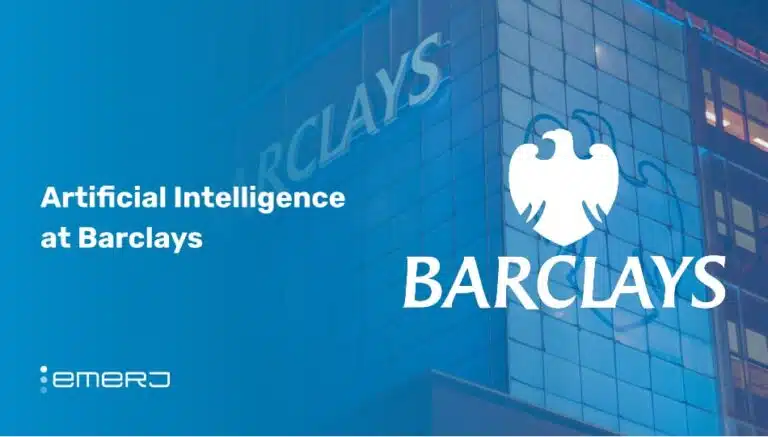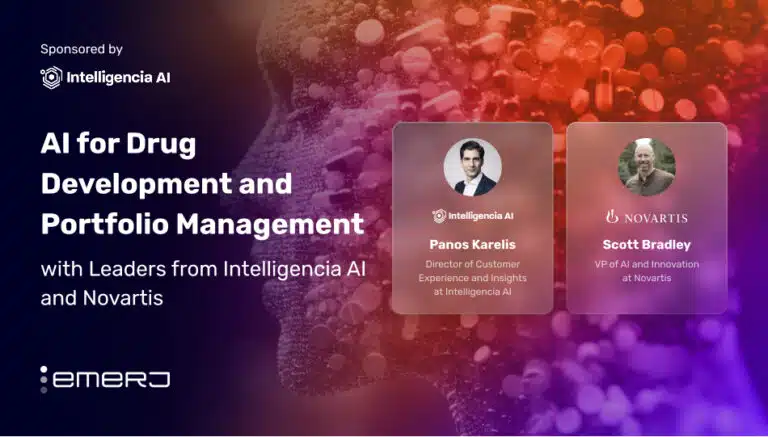1 – Segway to Build Personal Robots with Intel, Xiaomi
Scooter manufacturer Segway announced its plans to enter the robotics industry in 2016, with initial plans to work with tech giants like Intel and smart-phone company Xiaomi. The announcement comes after the company’s 2015 acquirement by Chinese-based Ninebot, at which point $80 million in funding was also invested by Xiaomi and Sequoia Capital. Funding by Intel and GIC, a Singapore-based investment firm, are the newest additions. The robotics industry only appears to be growing, with Boston Consulting Group predicting a $9 billion consumer market for personal robots by 2025.
(Read the full article on BetaBoston)
2 – The Brain Concentrates on the Objective
Scientists at the Max Planck Institute for Human Cognitive and Brain Sciences observed human brains in action and found that when we plan, we first focus on the overall goal and then concentrate on the steps to meet that goal. The group came to the conclusion after studying a group of professional pianists and found that when playing, the musicians’ cognitive processes are more dedicated to the “targeted harmony” than finger positions on individual chords. During observation, pianists were asked to copy a recorded melody. The neuroscientists then spontaneously interrupted the flow of the piece with an unexpected note or chord; how quickly the pianists reacted and recovered generally took longer if they were further along in their playing and had to suddenly abandon and reassess the melody. The results shed light on our brains’ habit of scanning our environment for patterns, which allow us to more efficiently complete daily activities.
(Read the full article on MedicalXpress)
3 – Toyota Research Institute Announces All-Star Leadership Team for Artificial Intelligence and Robotics Research
The Toyota Research Institute (TRI) announced its technical leadership team lineup, bringing together leading scientists and engineers in the AI and robotics fields. The tech team was announced by TRI CEO Gill Pratt at the 2016 International Consumer Electronics Show. Research work will also be guided by an Advisory board composed of global corporate, scientific and public policy leaders. Members of the new technical team include: COO Eric Krotkov, former DARPA program manager; Machine Learning Head Larry Jackel, former Bell Labs Department head and DARPA program manager; Cloud Computing Lead James Kuffner, former CMU professor and head of Google Robotics; Simulation and Control Lead Russ Tedrake, former associate professor in the Department of Electrical Engineering and Computer Science at MIT; and several other notable figures.
(Read the full article on Toyota Newsroom)
4 – GM and Lyft to Shape the Future of Mobility
General Motors (GM) and Lyft announced a long-term partnership in creating a network of on-demand autonomous vehicles in the U.S. In addition to a $500 million investment in Lyft’s growth, GM will hold a seat on the company’s board of directors. As part of the agreement, GM will immediately be a preferred provider of short-term use vehicles for Lyft drivers. Lyft drivers and customers will also have access to GM’s selection of cars and OnStar services. Both GM and Lyft will also offer personalized mobility services through each other’s proprietary channels
(Read the full article on General Motors Investors: News)
5 – Lenovo and Google Partner on New Project Tango Device
Lenovo and Google announced plans to create the first smartphone with Project Tango, to be rolled out in the Summer of 2016. The collaboration was unveiled Wednesday at the 2016 Consumer Electronics Show (CES) in Las Vegas. Project Tango, a platform pioneered by Google, uses advanced machine vision, depth sensing, and motion tracking to create on-screen 3D experiences, allowing users to explore physical environments via phone. Combined software and hardware respond to the movements of the user and track the user’s movement indoors and out. Apps can transform a room into a game-like environment, with virtual or augmented reality capabilities. As of this week, the pair announced that developers can submit Project Tango app proposals for the opportunity to have it featured and funded.
(Read the full article on Lenovo Newsroom)




















